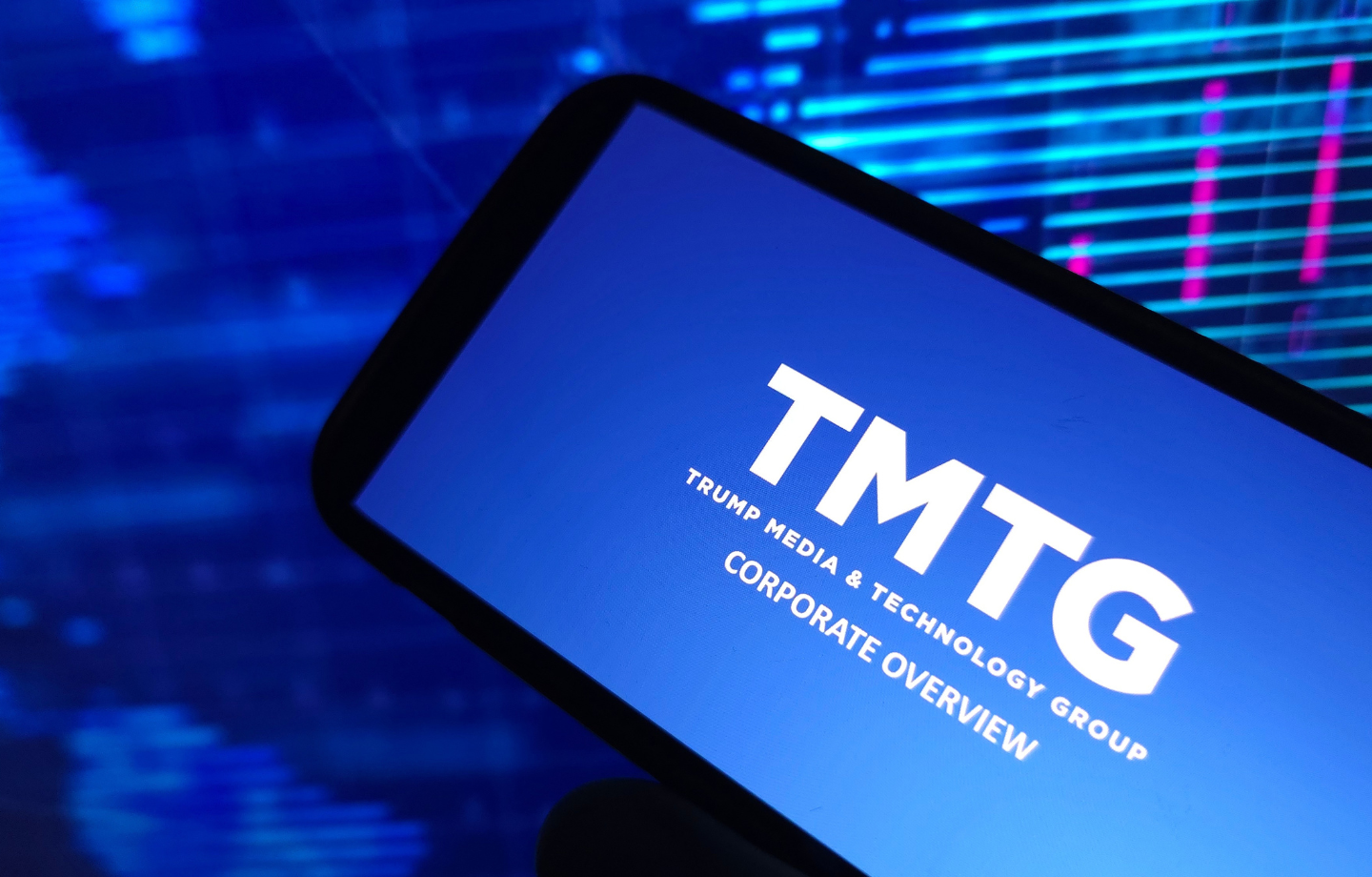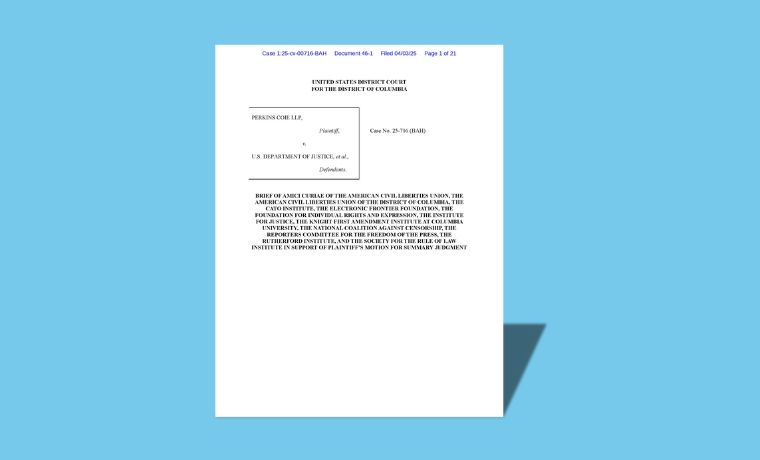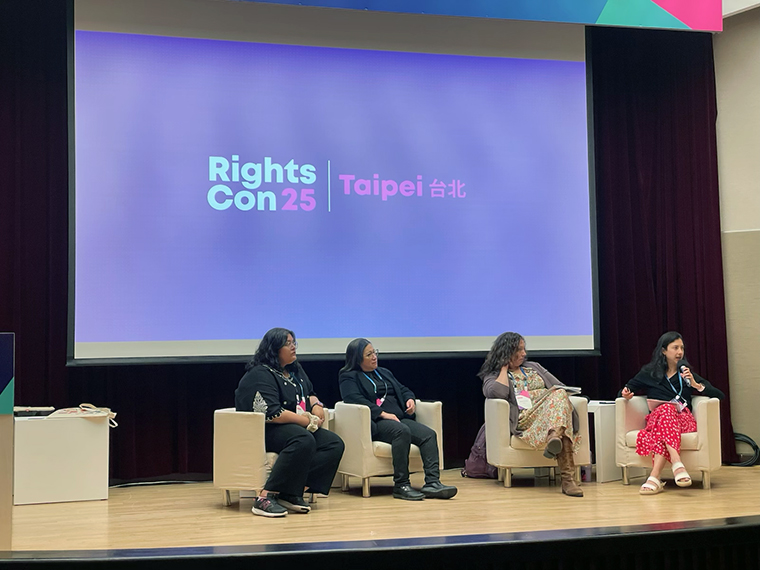Trump Embraces Values-Driven Investing, in his Own Values-Free Way

May 2, 2025
On April 15 and April 22, Trump Media and Technology Group (DJT) announced agreements with Crypto.com and two financial firms to create a range of “America First” financial products. A suite of “separately-managed accounts” will invest on the themes of faith & values, liberty & security, energy independence, crypto, and “Made in America.” A suite of “exchange-traded funds” (ETFs) will focus on crypto assets and “Made in America” securities.
DJT said it plans to invest up to $250 million of its own assets in the new portfolios or funds. Although the group is publicly traded, it is 59% owned by President Trump. Among its directors are Donald Trump Jr., FBI director Kash Patel, Education Secretary Linda McMahon, and first-term Trump US Trade Representative Robert Lighthizer. The large New York headquartered law firm Davis, Polk & Wardwell is providing legal and regulatory advice to DJT and its deal partners on the development of the new funds.
DJT chief and former Congressman (R-CA) Devin Nunes stated that the new products will meet investors’ demand to support “non-woke” companies. According to Jon DuPrau, who heads one of the firms partnering with DJT, “[I]t’s critical that our investment strategies reflect the values that define us…. These strategies empower investors to align their portfolios with patriotic and ethical convictions.”
The President’s significant financial interest in these funds raises creates serious ethical concerns, relating to potential conflicts, or at a minimum the appearance of conflicts. As the journalist Judd Legum has pointed out, the value of crypto firms will depend greatly on whether the administration pursues deregulatory polices. The same goes for energy firms. Whether a company benefits from its products being “Made in America” will depend on the President’s tariff policies – and his exceptions. The President has the power to adjust government policies in a range of ways to suit his own financial interests and those of these funds. He and those around him also will have opportunities to leak inside information to DJT portfolio managers.
Although ETFs require regulatory approval, the SEC is unlikely to take a meaningful look at these funds under its new chair. After Paul Atkins was sworn in on April 21, he devoted his very first public remarks to signaling that the agency will deregulate cryptocurrency on his watch. Given that this is Atkins’ top priority, and given the unswerving loyalty that the President demands of all his appointees, it is difficult to see how the American public can accept that the SEC’s approval and oversight of DJT’s funds will be based on the merits.
The creation of these funds is just the latest example of this President pushing ethical boundaries as no President in our history has ever done before. He is able to take these actions because existing conflict of interest laws do not apply to the President. It is now abundantly clear that this gap needs to be addressed. In 2017, the Brennan Center for Justice made a series of sensible recommendations to Congress on amending the Ethics in Government Act. They proposed that Congress should mandate that each President place their assets in a blind trust (including assets that are not publicly traded), an action that every other President since the 1970s has taken voluntarily. Congress should give the Office of Government Ethics (OGE) the status of an independent agency, create an enforcement arm for the OGE, and fund it generously.
The new ethics act also should bar the President from launching businesses while in office, businesses that inevitably create new ways to monetize his power. Finally, Congress should make the ethics act enforceable by citizen suits, because citizens cannot always rely on nominally independent agencies to check executive power.
Given the current balance of political power, these sorts of sensible reforms will not be on the legislative agenda in the near term. But the travesty of “America First” investing underscores the need for formal presidential ethical standards to be adopted and enforced in the future. After the Trump era, as after Watergate, Congress must give the highest priority to restoring governmental integrity, and strengthening the rule of law in all its facets.
 Values-Based Investing
Values-Based Investing Business & Human Rights Leadership
Business & Human Rights Leadership


